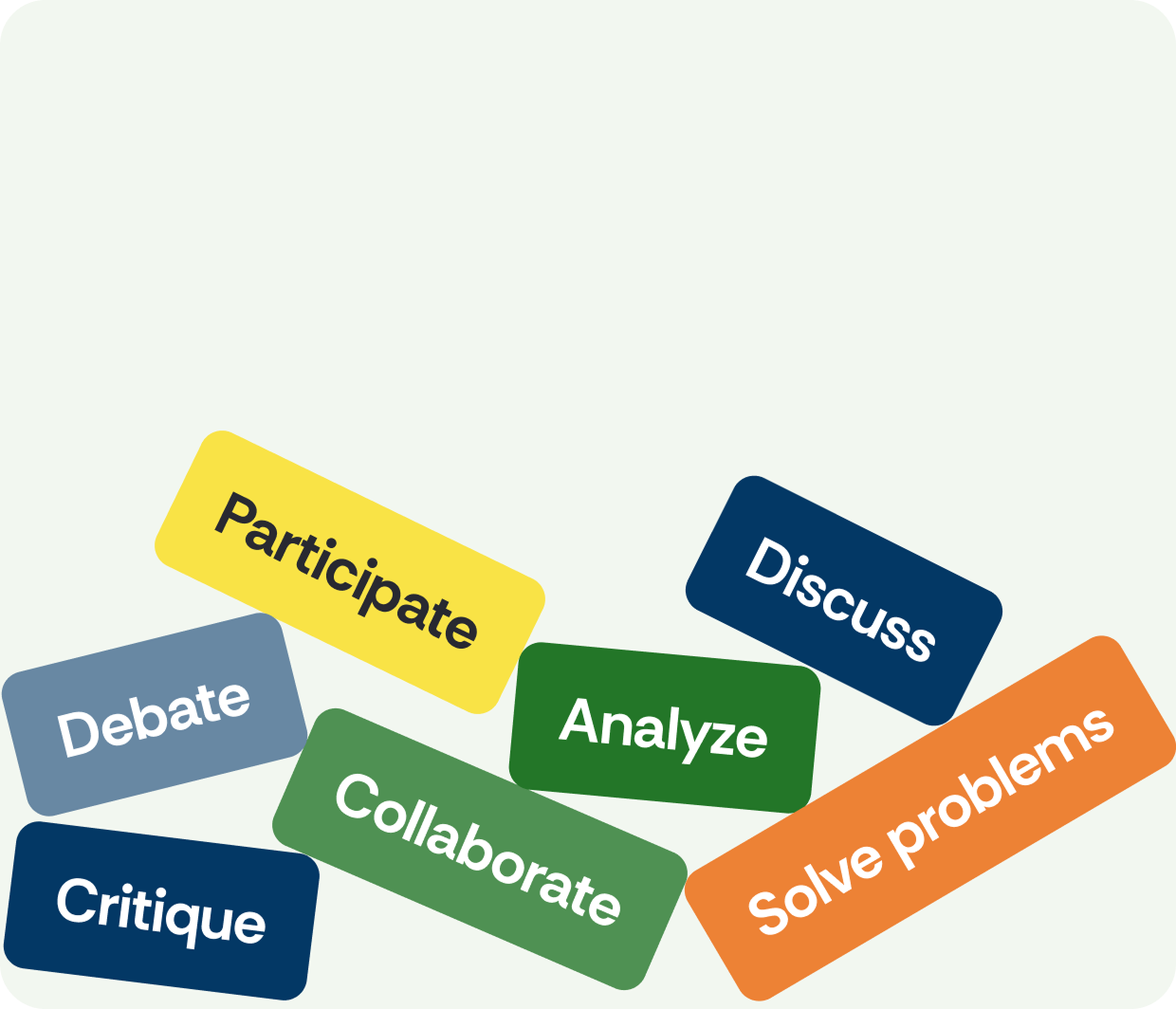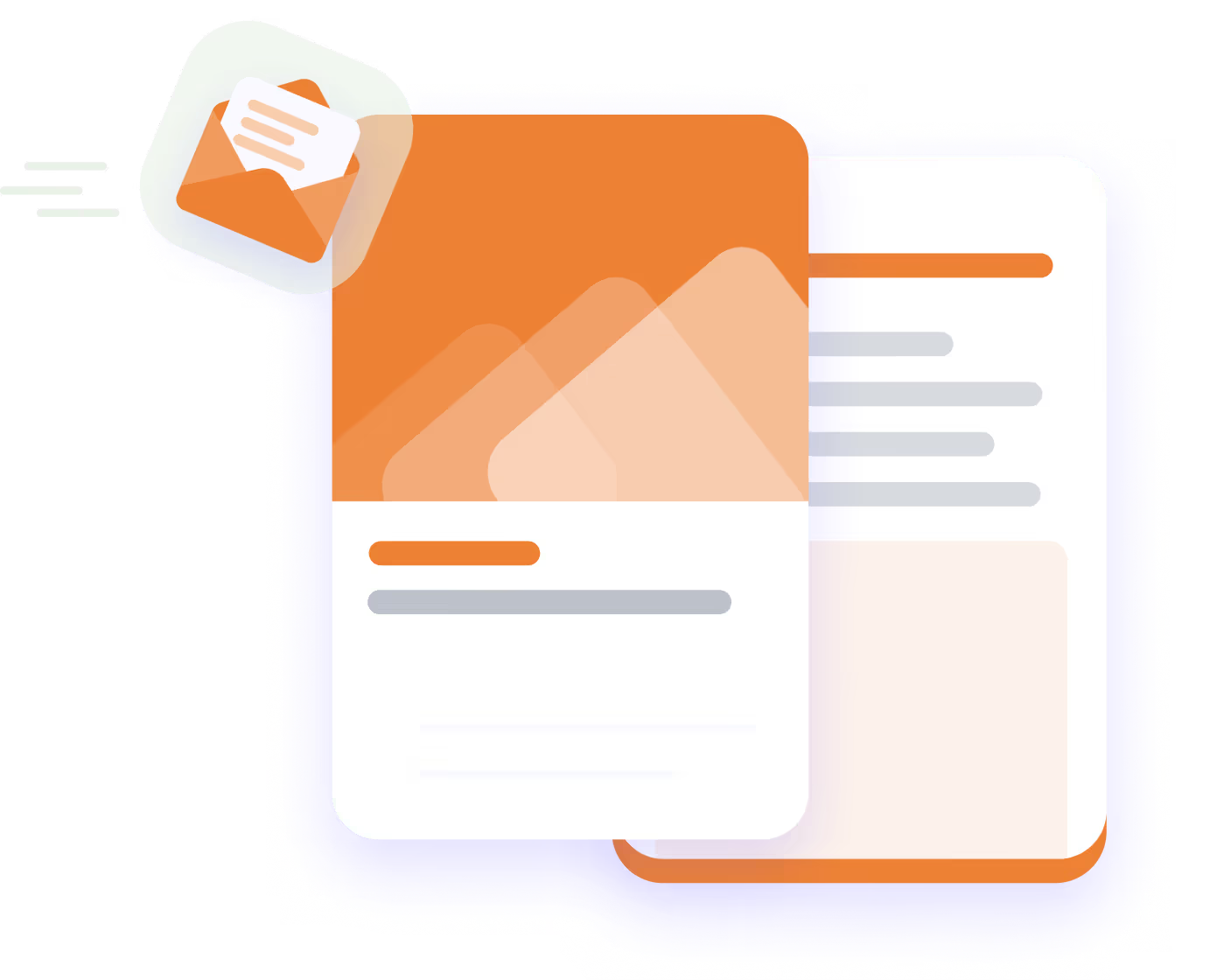Efficiency vs. Quality: Are We Sacrificing Learning for Automation with AI?
As artificial intelligence becomes increasingly integrated into educational practices, its potential to transform assessment and grading is undeniable—but where should the line be drawn? This panel will bring together experts in educational technology and higher education to explore the ethical, practical, and pedagogical implications of AI in education. Through a balanced discussion, the session will cover key issues such as authentic assessment, AI's role in supporting versus replacing educators, and navigating compliance with emerging regulations like the EU AI Act.


What's in the recording?
- Workload Reduction vs. Risk: Dual benefit and risk of using AI for routine grading. While time-saving, over-reliance on AI could affect the educator’s connection to the student’s learning progress.
- Authenticity and Connection: By explicitly mentioning transparency and potential "distance," the revised description invites thoughtful debate on whether AI creates a gap between students and educators.
- Transparency for Students: Fairness and transparency in AI policies for both students and faculty, particularly in contexts where rules around AI use differ.
- EU AI Act Compliance: Examine the implications of the EU AI Act and other regulations, focusing on how institutions can balance regulatory compliance with the need for innovation and efficiency.
Meet our speakers
John FitzGibbon is the Associate Director for Digital Learning Innovation in CDIL at Boston College. His role is to explore how digital tools can enhance teaching and learning in BC's online and face-to-face courses.
Nathan Riedel currently works as a Business Technology Analyst at the University of Missouri’s Division of IT. Nathan specializes in technology adoption & use, as well as information ecology. He received his Ph.D. in 2023 with a focus on how institutions support faculty in adopting new technology for teaching and learning. Moving forward, Nathan aims to focus on artificial intelligence, as well as its benefits and dangers to both higher education and work.
Preview here
Subscribe to our teaching insights newsletter


